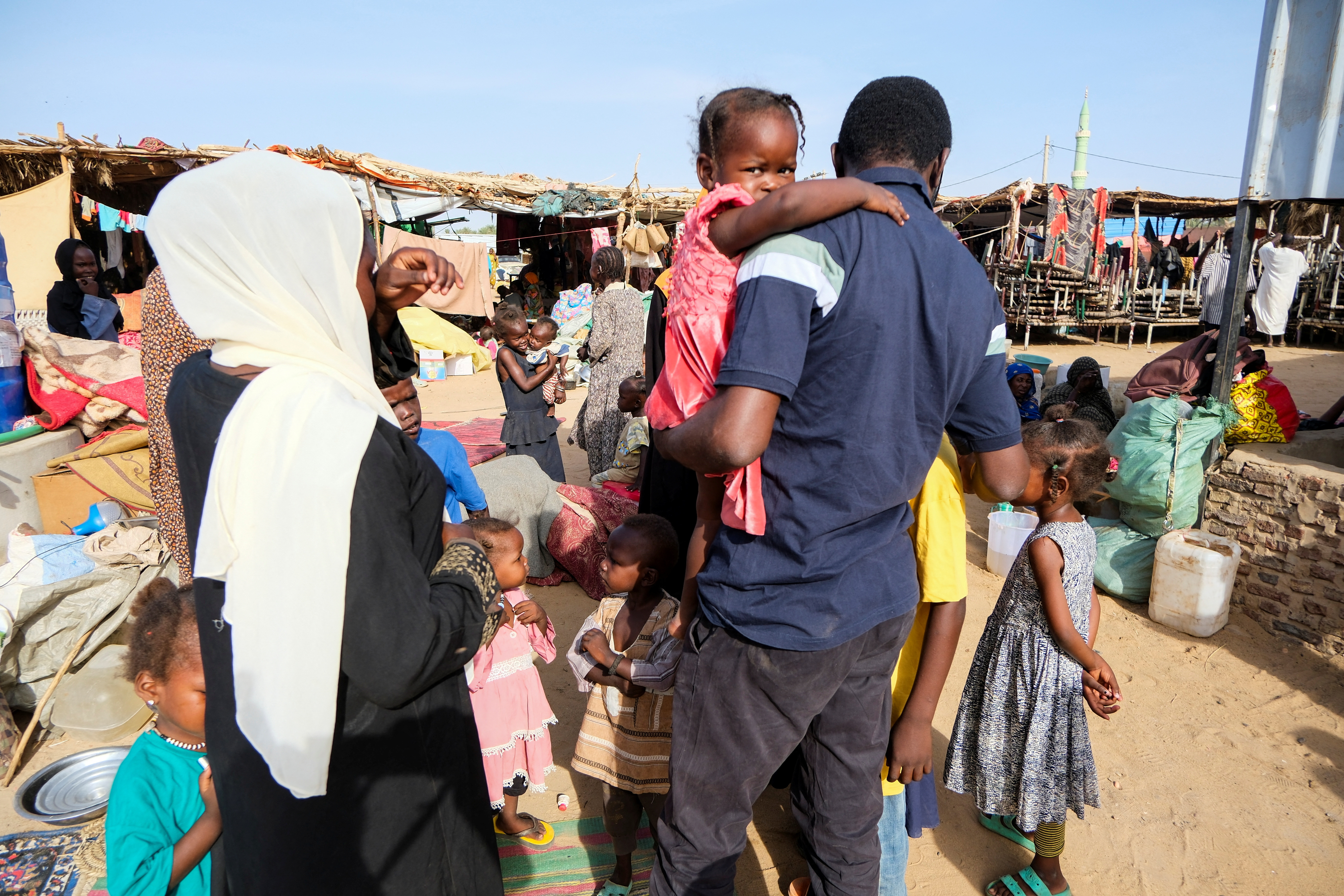The United States, Saudi Arabia, the United Arab Emirates and Egypt called on Friday for a three-month humanitarian truce in Sudan followed by a permanent ceasefire, the countries said in a joint statement.
The so-called “Quad” countries are seen as having the most influence with the Sudanese army and the paramilitary Rapid Support Forces, who have fought a devastating war that has created the world’s worst humanitarian crisis and spread famine.
Foreign ministers of the four countries set forth a roadmap toward ending the conflict, calling for an immediate permanent ceasefire following the truce, and a nine-month transitional process to establish civilian-led governance.
“There is no viable military solution to the conflict, and the status quo creates unacceptable suffering and risks to peace and security,” they said.
Neither the army nor the RSF immediately responded to requests for comment.
The United Arab Emirates has been accused by the army of supporting the RSF, charges US lawmakers and experts have found credible, but which the Gulf state has repeatedly denied. Egypt, and to a lesser extent Saudi Arabia, have supported the army.
The Quad also expressed support for the unity of Sudan, at a time when the RSF has been setting up its own parallel government, which swore in leadership last year. The RSF controls most of the Darfur region, which is serving as a base for that government.
It is still fighting the army for al-Fashir, the Darfur region’s historical capital, imposing a devastating siege that has spread hunger throughout the city.
It is unclear whether the warring parties would agree. In June, UN Secretary General Antonio Guterres called for a week-long ceasefire in al-Fashir, a call the army accepted but the RSF rejected.
The statement also rejected any role for the Muslim Brotherhood or affiliated groups in Sudan, a common enemy of the four countries, a clear reference to the Islamists who controlled Sudan for three decades until 2019 and have staged a resurgence during the war in support of the army.
To that end, the United States on Friday imposed sanctions on Sudan’s finance minister Jibril Ibrahim, an Islamist, as well as the Baraa Ibn-Malik Brigade, an Islamist militia that has fought alongside the army.
The latest round of sanctions “aim to limit Islamist influence within Sudan and curtail Iran’s regional activities,” a statement from the Treasury Department said.






Click here to change your cookie preferences